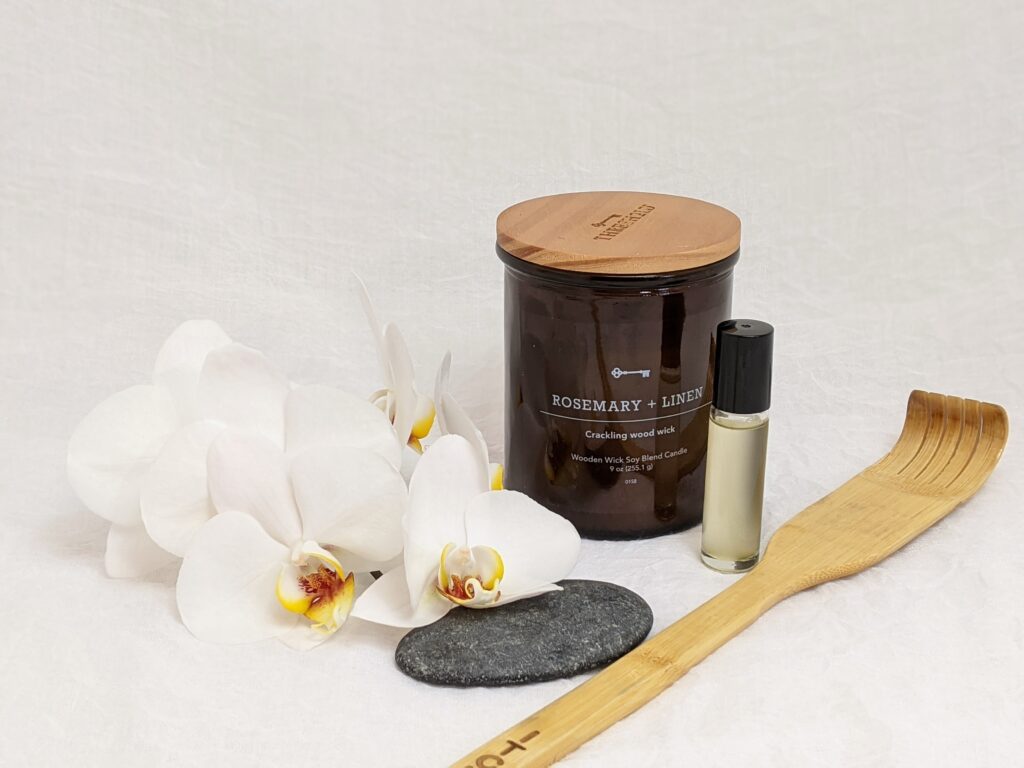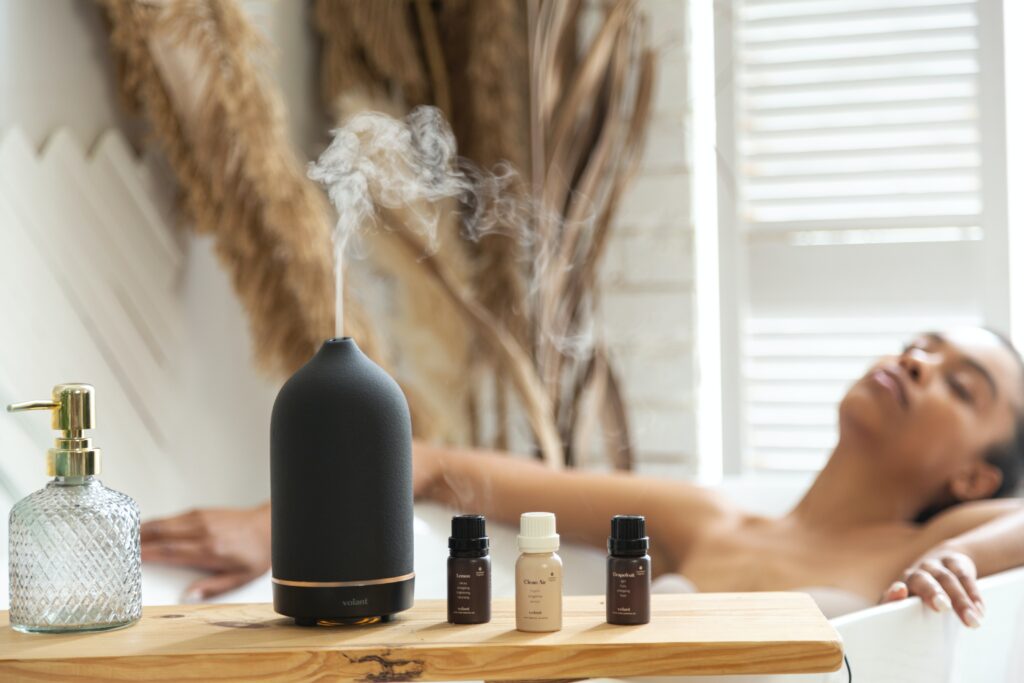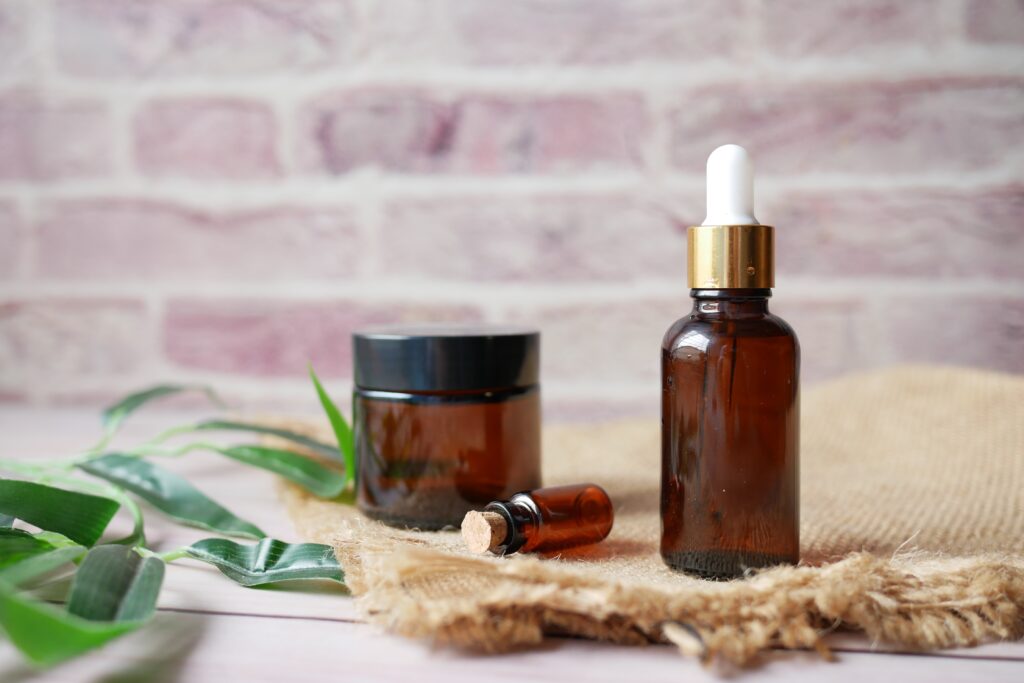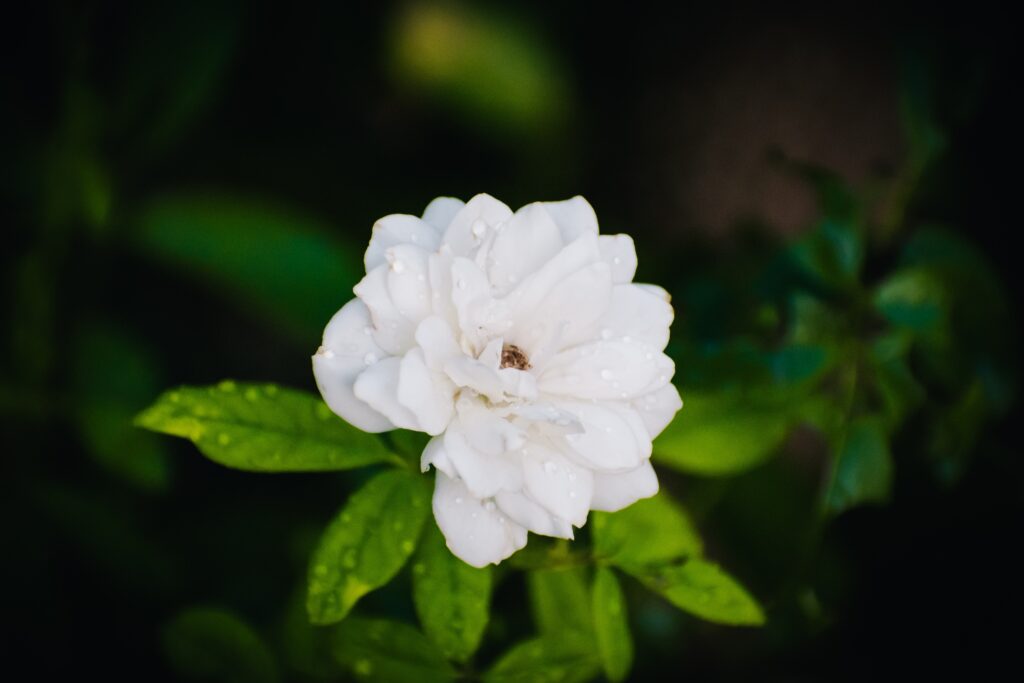Throughout the annals of history, humanity has been captivated by the profound influence of scents on our emotions, well-being, and even spiritual experiences.

From the ancient civilizations of Egypt and China to the Renaissance period in Europe, aromas have played an integral role in rituals, remedies, and sensory indulgence. Today, the practice of aromatherapy stands as a bridge between the past and the present, offering a holistic approach to healing and rejuvenation.
The Benefits of Aromatherapy:
Aromatherapy, derived from the ancient Greek words “aroma” (meaning fragrance) and “therapeia” (meaning healing), encompasses a wide range of practices that involve using natural plant extracts, commonly known as essential oils, to enhance physical, mental, and emotional well-being. These potent essences, extracted from flowers, leaves, bark, and other plant parts, are revered for their therapeutic properties and the profound benefits they offer.
Stress Relief and Relaxation:
In our fast-paced modern world, stress has become an unwelcome companion for many. Aromatherapy provides a natural and soothing solution to combat stress and promote relaxation.

Essential oils such as lavender, chamomile, and ylang-ylang have calming properties that help alleviate anxiety, reduce muscle tension, and improve sleep quality. The gentle inhalation of these fragrances can transport the mind to a state of tranquility and peace.
Boosting Cognitive Function and Concentration:
In a world filled with constant distractions, maintaining focus and mental clarity can be challenging. Aromatherapy can provide a much-needed cognitive boost, enhancing memory, concentration, and overall mental performance. Essential oils like rosemary, peppermint, and eucalyptus have been found to stimulate the mind, improve alertness, and support cognitive functions, making them invaluable tools for students, professionals, and individuals seeking mental sharpness.
Mood Enhancement and Emotional Balance:
Certain scents possess the remarkable ability to uplift our spirits, improve mood, and restore emotional equilibrium. Citrus oils, such as orange and lemon, are renowned for their invigorating and refreshing qualities, while floral aromas like rose and jasmine evoke feelings of joy, romance, and serenity.
Aromatherapy acts as a powerful ally in our emotional well-being, aiding in stress management, combating depression, and fostering a positive outlook on life.

Relief from Physical Discomforts:
The healing potential of aromatherapy extends beyond emotional well-being, offering relief from various physical discomforts. Peppermint oil, with its cooling sensation, can ease headaches and migraines, while tea tree oil possesses antibacterial and antifungal properties, aiding in skin conditions and respiratory ailments. From soothing muscle aches and pains to alleviating digestive issues, aromatherapy presents a natural and gentle approach to promote physical wellness.
Immune System Support and Respiratory Health:

Many essential oils possess antimicrobial, antiviral, and immune-stimulating properties, making them valuable allies in supporting a robust immune system. Eucalyptus oil, renowned for its decongestant effects, can alleviate respiratory congestion and promote clear breathing, while tea tree oil helps to purify the air and combat airborne pathogens. Incorporating aromatherapy into daily routines can fortify our body’s defense mechanisms, reducing the risk of common illnesses.
As we venture further into the 21st century, the ancient wisdom of aromatherapy continues to captivate and enthrall us. The power of scents to heal, inspire, and transform remains a testament to our deep connection with the natural world. Through the art and science of aromatherapy, we embark on a journey to rediscover the timeless secrets of our ancestors, unlocking a myriad of benefits for our physical, mental, and emotional well-being. So, inhale deeply, let the fragrances envelop you, and embark on a holistic path towards health and vitality.